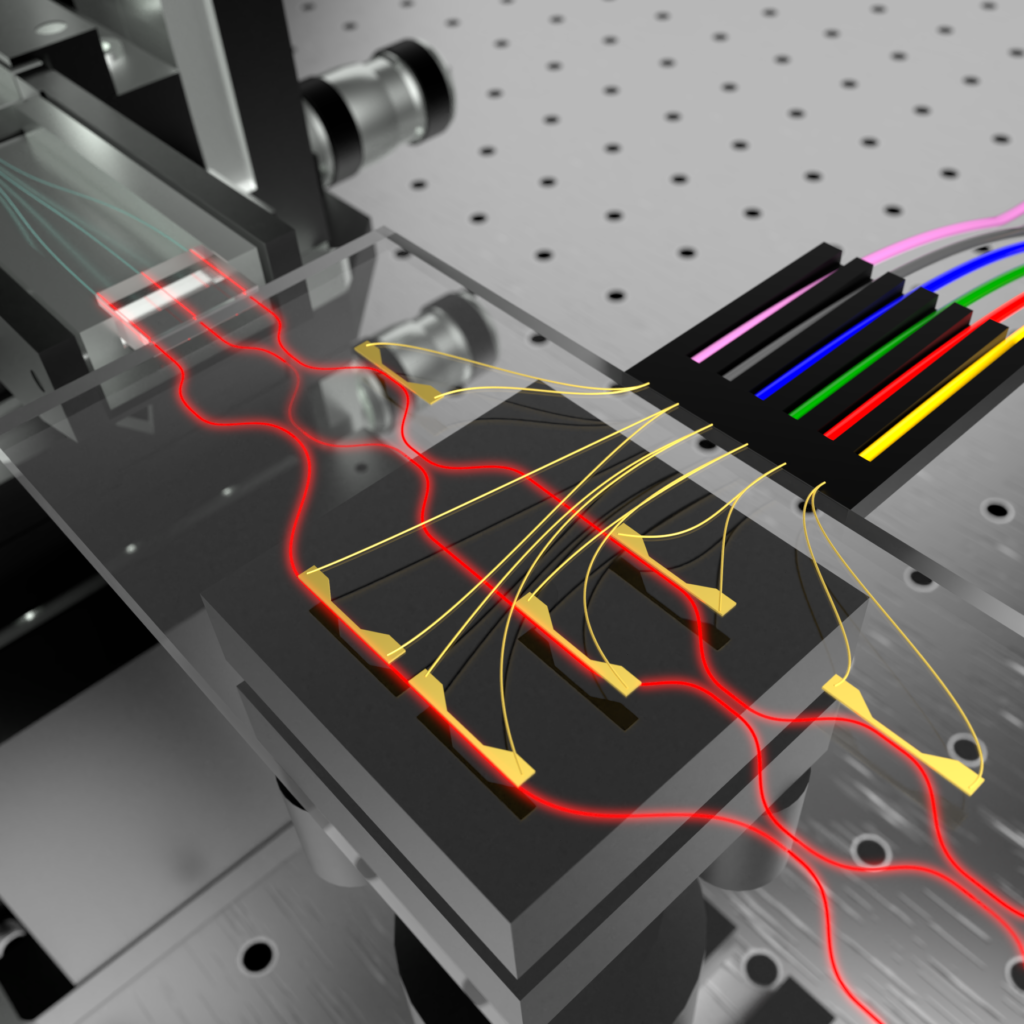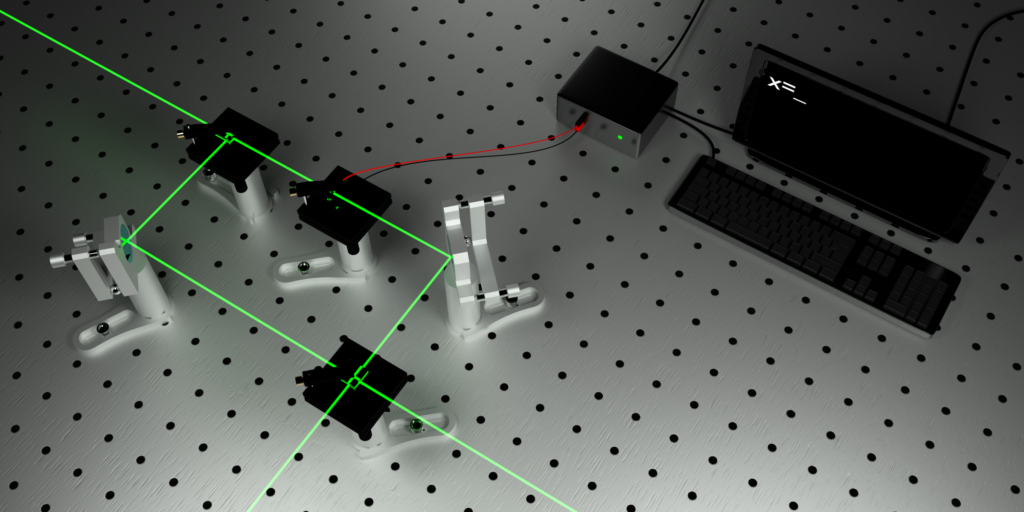
Quantum metrology represents one of the most promising application of quantum theory. In this context, the aim is to measure one (or more) unknown parameters, by reaching a sensitivity that surpasses the one achievable by any classical strategy. A paradigmatic example is provided by phase estimation, where the unknown parameter is an optical phase embedded in an interferometer. In this field, a large amount of theoretical and experimental research has been dedicated to the analysis of the single parameter scenario, identifying useful quantum resources as well as their robustness to noise and imperfections. Currently, the extension of this scenario to the case where multiple parameters have to be estimated simultaneously still presents several open problems, both from a theoretical and an experimental point of view. Further investigations are then required in this direction, since relevant problems such as imaging are inherently multiparameter ones. Hence, it becomes crucial to identify suitable experimental platform to develop and investigate appropriate methodologies in this field. Our approach involves integrated multiarm reconfigurable interferometers, where multiple phase can be estimated at the same time.

A crucial aspect in quantum metrology experiments is the capability to reach the ultimate bounds in the estimation process by using only a limited number of resources. Indeed while it is known how to define suitable strategies reaching ultimate performances in the asymptotic limit of a large number of repetitions, such approaches do not guarantee the saturation of such bounds for small number of probes. We analyze the adoption of machine learning techniques to identify adaptive estimation protocols capable to reach optimal performances after very limited number of repetitions. Furthermore, machine learning can provide a toolbox for effective calibration of quantum sensors.
Selected publications
- V. Cimini, I. Gianani, N. Spagnolo, F. Leccese, F. Sciarrino, M. Barbieri. Calibration of quantum sensors by neural networks. [arXiv:1904.10392]
- E. Polino, M. Riva, M. Valeri, R. Silvestri, G. Corrielli, A. Crespi, N. Spagnolo, R. Osellame, F. Sciarrino. Experimental multiphase estimation on a chip. Optica 6, 288 (2019).
- A. Lumino, E. Polino, A.S. Rab, G. Milani, N. Spagnolo, N. Wiebe, F. Sciarrino. Experimental Phase Estimation Enhanced by Machine Learning. Phys. Rev. Applied 10, 044033 (2018).
- L. Pezzè, M.A. Ciampini, N. Spagnolo, P.C. Humphreys, A. Datta, I.A. Walmsley, M. Barbieri, F. Sciarrino, A. Smerzi. Optimal measurements for simultaneous quantum estimation of multiple phases. Phys. Rev. Lett. 119, 130504 (2017).
- M. A. Ciampini, N. Spagnolo, C. Vitelli, L. Pezzè, A. Smerzi, F. Sciarrino. Quantum-enhanced multiparameter estimation in multiarm interferometers. Sci. Rep. 6, 28881 (2016).
Related project
NQSTI – National Quantum Science & Technology Institute
PNRR Partenariato PE4
